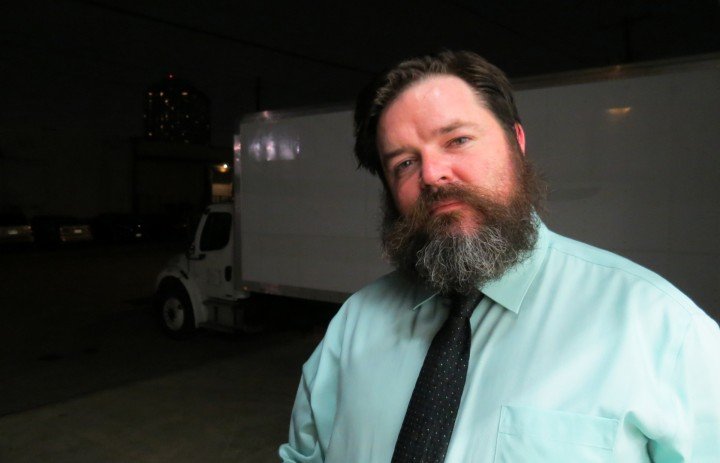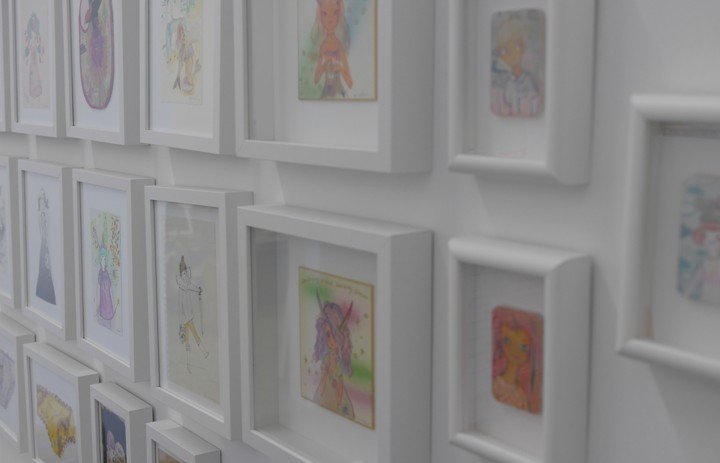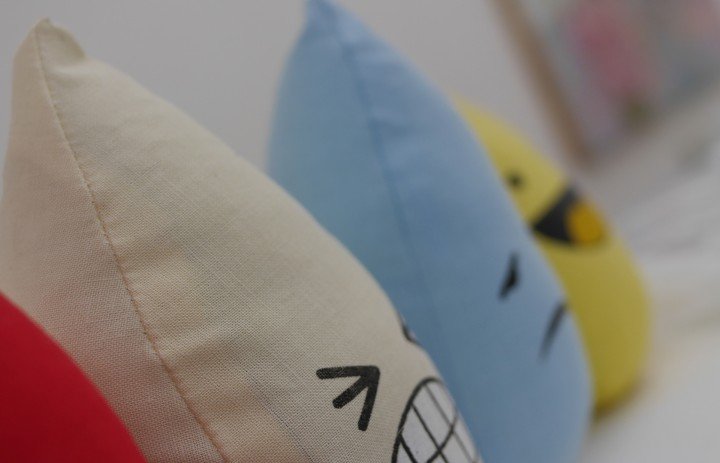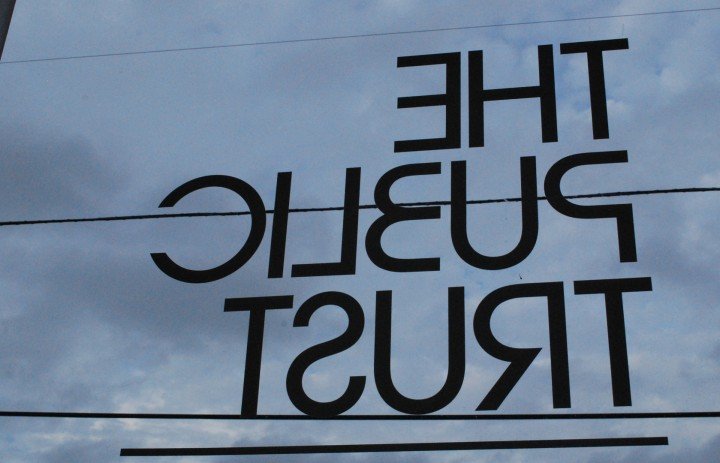- Address: 2271 Monitor Street, Dallas, TX 75207
- Owner/Director: Brian Gibb
Brian Gibb (B): Defining art is really not for me to do, way too subjective. I do feel that art is most successful when concept and execution co-exist at a high level within a piece of art.
B: Contemporary, thoughtful, progressive
B: Before I had a gallery I had co-founded a publication called Art Prostitute. Within a year the magazine was being distributed internationally and we were traveling a lot to cities across the US to conduct interviews. During those travels we came across a lot of people who were also publishing, or had a design studio or something of that nature. Many of these spaces were big enough for them to have an office, or production area with a good amount of space leftover. Some of them used that space for a retail environment while others used it for a gallery. So when it came time for us to stop working out of my business partner’s spare bedroom in his apartment and my garage, we found a space big enough for a studio in back and a gallery in front. So we opened the gallery in the summer of 2004, in a small building east of the square in Denton, Texas.
B: Well executed work with a sound conceptual basis.
B: To focus more on solo and 2 person shows. Group shows, especially large scale ones, are often more trouble than they are worth.
B: A drawing show called Nothing Moments. I had to build additional walls to accommodate the near 400 small framed drawings. While the exhibition was really impressive, it was a difficult sell and ended up a massive loss.
B: Ed Ruscha.
B: I am currently working on a series of 1 piece shows called SOLILOQUY. Trenton Doyle Hancock and Jason Salavon are coming up soon, so that will be great.
B: I think the biggest evolution that is happening is the volume of art that people are purchasing online. I think the days of people physically mulling things over are coming to an end.
B: Working with artists whose work I truly believe in. Always engaging entry level collectors with young work, small originals, prints, etc. A dedication to the democracy of art.
B: Ed Ruscha. He has created an extraordinary body of work, that is so visually diverse, yet cohesive at the same time. His sharp wit and word play, combined with flawless execution, is breathtaking.
B: I did. I moved it to the Design District.
B: Generally speaking, an artist who makes great work and has a fine pedigree will do well. A formal art education, especially an MFA, can really sharpen an artist’s studio practice, especially when it comes to articulating what their work is about and forming a sound conceptual base for it. But there are enough examples of successful artists, without formal training, to easily say that it doesn’t really matter that much.
B: Being a career artist is difficult and takes time. Find work doing something that doesn’t burn you out, but pays the bills, so you can continue making the work YOU want to make. If what you are doing has a solid conceptual base and is visually interesting, it will catch on, the second you start trying to figure out what other people want, you’re dead.
B: The community of galleries and artists is much smaller than say New York or Los Angeles, but I feel we have a highly concentrated level of quality in the galleries and the artists living and working here. We are also experiencing a lot of commercial growth, in general, and some that is centered around the arts, but I am seeing the cost of living and doing business here really skyrocket, and that is starting to create a real pinch for us.







